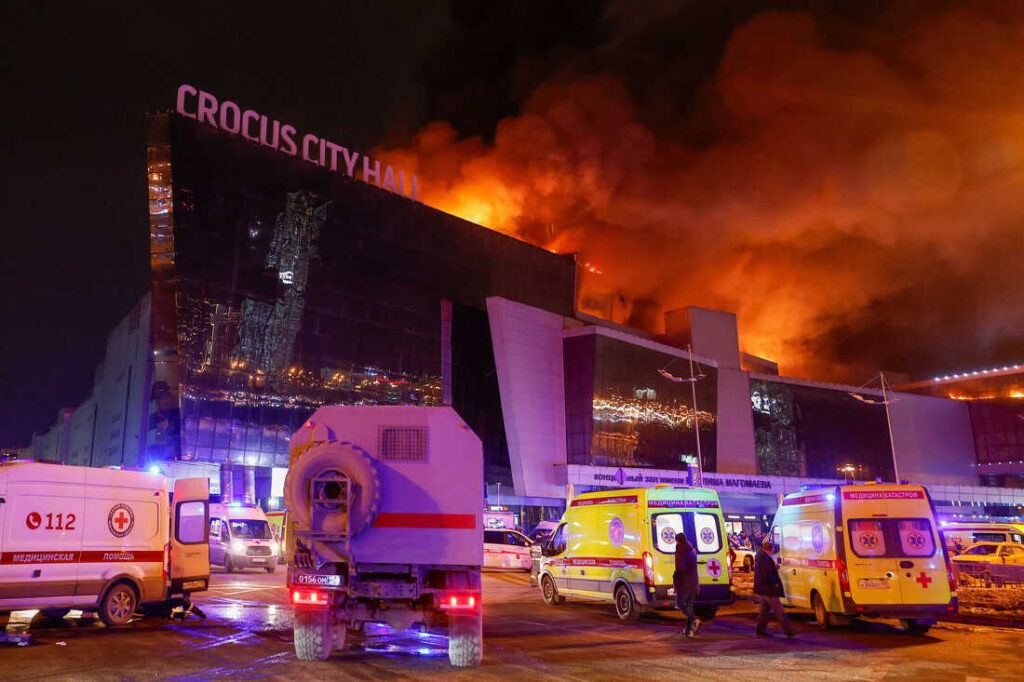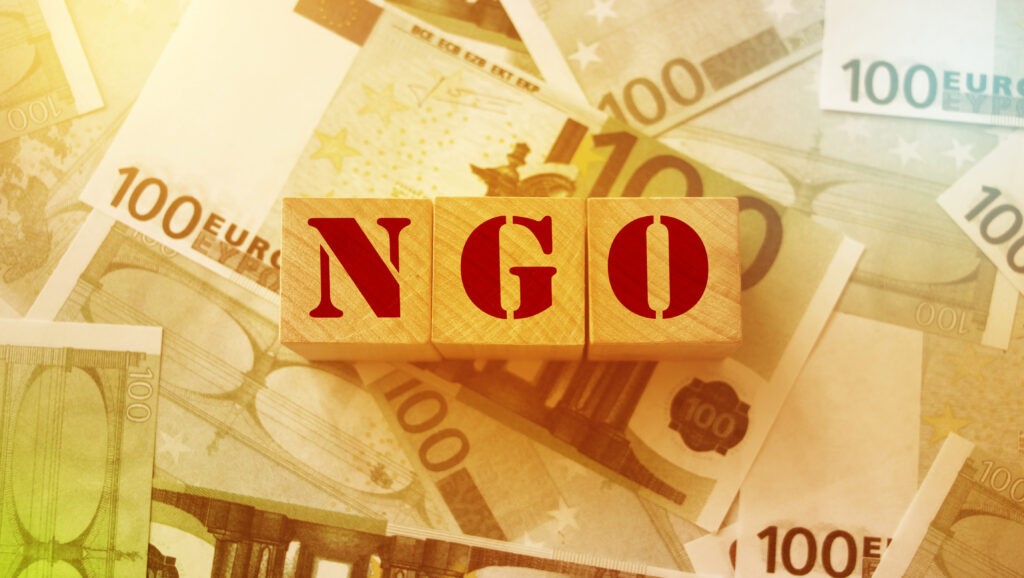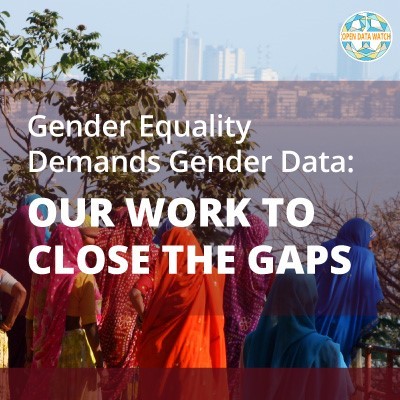Celebrating Russian Orthodox Easter in Central Asia: A Fusion of Traditions and Cultures
Russian Orthodox Easter, known as Pascha, is one of the most significant and joyously celebrated holidays among Russian communities worldwide, including those residing in the diverse tapestry of Central Asia. This celebration, deeply rooted in religious traditions, brings a unique blend of spiritual solemnity and communal festivities that stand out amidst the landscapes of Kazakhstan, Kyrgyzstan, Tajikistan, Turkmenistan, and Uzbekistan. The Heart of Russian Orthodox Easter The essence of Russian Orthodox Easter lies in its adherence to the Julian calendar, which often sets the celebration on a different date from Easter observed by Western Christian churches following the Gregorian calendar. The focal point of this celebration is the resurrection of Jesus Christ, a moment of immense spiritual rejoicing and the culmination of the Holy Week, preceded by the Great Lent, a period of fasting and penitence. Easter Traditions Transcending Borders In Central Asia, Russian Orthodox communities maintain their rich cultural heritage through distinctive Easter traditions. The ritual foods - Kulich, a tall, sweet yeast bread, and Paskha, a cheese dessert shaped into a pyramid to symbolize the Tomb of Christ, are central to the celebration. Eggs, painted in vibrant colors with a predominance of red, symbolize new life and hope, serving as both decorative items and gifts exchanged among friends and family. Easter Eve is marked by a solemn service that extends into the early hours of Sunday. The service begins in pitch darkness, symbolizing the tomb's interior. At midnight, churches and homes alike are filled with light and joyous exclamations of "Christ is Risen!" to which the response is "Indeed He is Risen!" This exchange, sometimes accompanied by threefold kisses, underscores the communal and inclusive spirit of Easter celebrations. A Celebration Amidst Diversity Despite the predominantly Muslim backdrop of Central Asia, the observance of Russian Orthodox Easter across the region is a testament to the religious freedoms and interfaith harmony that prevails. Local authorities and communities accommodate and respect these celebrations, making way for processions, services, and the public sharing of Easter foods and greetings. The open expression of such traditions fosters a sense of unity and mutual respect among the region's mosaic of cultures and religions. Cultural Fusion and Community Russian Orthodox communities in Central Asia not only preserve their traditions but also open avenues for cultural exchange. Easter festivities often see a blend of local and Russian customs, creating a rich, multicultural celebration. From the blessing of Easter baskets in churches to community gatherings and charitable acts, the essence of Easter - renewal and hope - resonates across diverse landscapes. Conclusion Russian Orthodox Easter in Central Asia is a testament to the enduring spirit of faith and community beyond geographical and cultural boundaries. It exemplifies how deeply-held religious traditions can coexist and flourish amidst diversity, bringing people together in celebration of shared values of rebirth, joy, and eternal hope. In the heart of Central Asia, Easter remains a vibrant and unifying force, showcasing the beauty of cultural convergence and the universal message of peace and renewal inherent...
5 days ago







